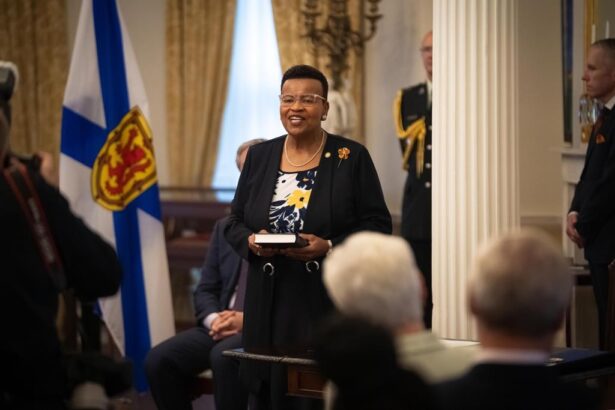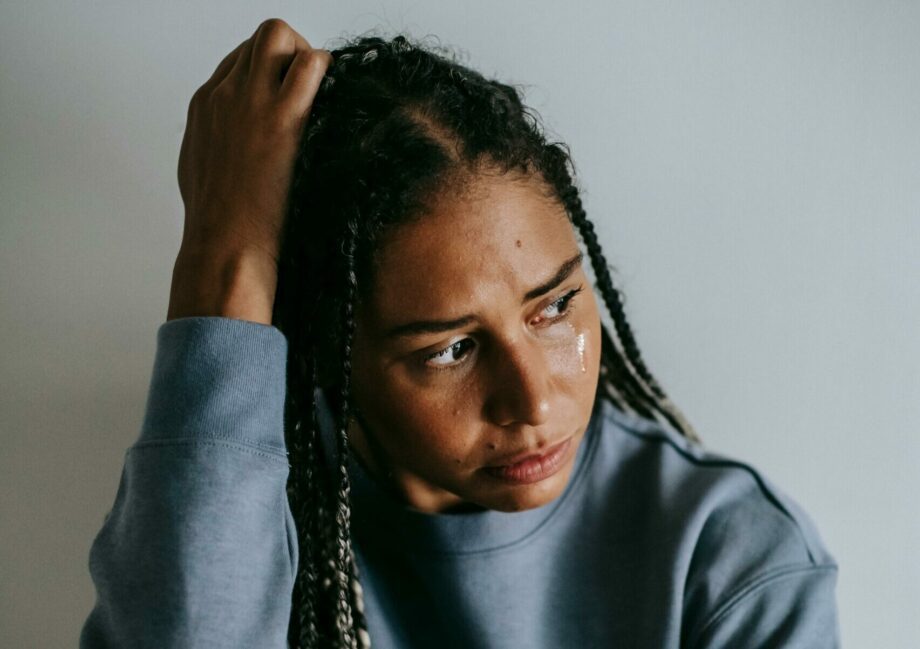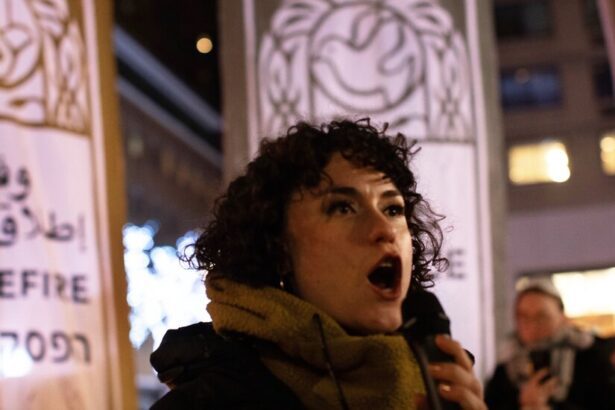picture: pexels
When it comes to mental health, there is always a variety in how people understand it, depending on which part of the world they come from and what they have been taught growing up.
Speaking from a place of experience I can attest that oftentimes, black communities across the world still struggle with understanding mental health related issues therefore unable to accommodate those who suffer from the condition.
To support this notion, the McLean Hospital states that, “The stigma of mental health isn’t new to the black community.” The hospital further claims that according to reports, Martin Luther King Jr. experienced periods of severe depression and declined to receive psychiatric help. “Unfortunately, that scenario continues to be common today, with African Americans not seeking mental health care because of stigma.”
This is not only an American problem but of almost every black community globally. MindDoc, an online publication promoting emotional well-being states that in South Africa, particularly in the black community, there is a misunderstanding of mental illnesses such as depression and that in most cultures depression is regarded as the “white man’s illness.”
“If you opened up about it, you are labelled as an attention seeker.”
The publication above gave a few beliefs that black people in South Africa have about mental health, which are the reasons they suffer in silence.
“It’s a white man’s illness”: A study by the National Library of Medicine called the South African Stress and Health Study, showed that black adults expressed higher levels of generalised distress and anger than white adults and that in the United States, African Americans are twice as likely to experience depression compared to white people.
“Real men don’t cry”: MindDoc states that this is a myth that prevents many black males in South Africa from talking about emotional pain or asking for help when they’re facing mental health issues. “They tend to suppress their emotions and rather express them externally, by turning to alcohol or other substances, for instance.” The publication further mentions that this is one of the reasons suicide in South African men is common.
“It’s witchcraft”: It is either this or someone is said to be demon-possessed when they express symptoms of mental illness. MindDoc states that it is common in the black community for a person to be called crazy and for witchcraft to be blamed for it. “Black people with symptoms of depression typically go to a traditional healer with the belief that they will be given traditional counsel or medicine to ‘make it go away’. But if it doesn’t, and you don’t seek help, it might end in the worst way. ”
The Kisha Project, an online platform connecting black mothers with mental health and parenting resources, gave a few techniques on how to navigate mental health issues in black societies.
- Gathering resources (community support, support groups)
- Having more constructive discussions on black mental health awareness and teaching black folks that it’s okay to ask for help.
- To normalise mental health issues for people in society, talking and being more transparent about them is important.
- Speak with reliable family members and friends about their positive therapy experiences.
The black community must unlearn the false beliefs that have plagued their society and take a step toward complete healing.
Also see: This is how your mental health affects your financial decisions




